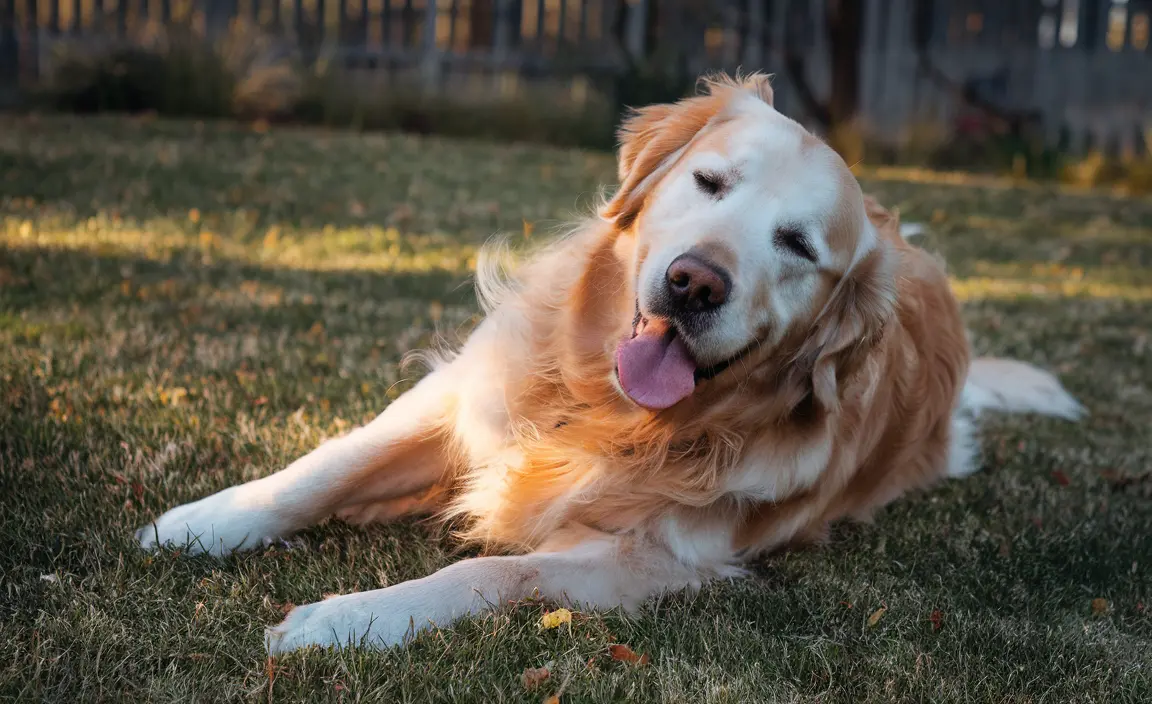Selecting the right dog breed is a significant decision that can impact your life for years to come. Whether you're a first-time dog owner or looking to add another furry friend to your family, understanding how to match the right breed to your lifestyle is crucial for both your happiness and the dog's well-being.
This guide will walk you through the essential considerations, helping you navigate the exciting journey of finding your ideal canine companion.
What Dog Should I Get? Key Factors to Consider
Lifestyle Compatibility
Before falling in love with a specific breed, take a critical look at your daily life. Consider these important factors:
- Living space (apartment, house, urban or rural environment)
- Work schedule and available time for dog care
- Activity level and exercise preferences
- Family dynamics (children, other pets)
- Budget for ongoing care and potential medical expenses
Energy Levels and Exercise Needs
Dogs have diverse energy requirements that must align with your lifestyle. High-energy breeds like Border Collies and Australian Shepherds need extensive daily exercise and mental stimulation. In contrast, breeds like Bulldogs and Basset Hounds are more laid-back and require less intense physical activity.
Matching Breed Characteristics to Your Life
Family-Friendly Breeds
If you have children or plan to start a family, certain breeds are particularly well-suited:
- Labrador Retrievers: Known for patience and gentleness
- Golden Retrievers: Intelligent and typically great with kids
- Beagles: Playful and tolerant of children's energy
Apartment and Small Space Living
Not all dogs are suitable for smaller living spaces. Consider these breeds for compact homes:
- French Bulldogs
- Pugs
- Cavalier King Charles Spaniels
- Greyhounds (surprisingly low-energy despite their racing background)
Research and Preparation Strategies
Professional Breed Matching
Utilize professional breed selector tools and resources to find your perfect match. These tools consider multiple factors like:
- Temperament
- Size
- Grooming requirements
- Potential health issues
- Training complexity
Meeting Potential Breeds
Nothing beats real-world interaction. Consider these research methods:
- Attend local dog shows
- Visit breed-specific meetups
- Spend time with friends' dogs
- Volunteer at animal shelters
Mixed Breeds: A Wonderful Alternative
Don't overlook mixed-breed dogs! These wonderful companions often combine the best traits of multiple breeds and can be healthier due to genetic diversity. Shelters and rescue organizations are excellent sources for finding a mixed-breed dog that perfectly complements your lifestyle.
Frequently Asked Questions
How do I choose the best dog breed that fits my lifestyle and living situation?
Assess your daily routine, living space, activity level, and available time for dog care. Research breeds that match your specific circumstances, and consider consulting with veterinarians or professional dog trainers.
What are the important factors to consider before deciding what dog breed to get?
Key factors include energy level, size, grooming needs, potential health issues, temperament, and compatibility with your family and living environment.
Which dog breeds are recommended for families with children or apartment living?
For families with children, Labrador Retrievers, Golden Retrievers, and Beagles are excellent choices. For apartment living, consider smaller breeds like French Bulldogs, Pugs, and Cavalier King Charles Spaniels.
How can I match a dog's energy level and grooming needs to my personal schedule?
Be honest about the time you can dedicate to exercise and grooming. Choose a breed with energy levels and maintenance requirements that align with your availability and preferences.
Are mixed breed dogs a good option, and how do their traits compare to purebred dogs?
Mixed breed dogs can be excellent pets, often displaying hybrid vigor and fewer genetic health issues. They can combine desirable traits from multiple breeds and are typically more adaptable.






